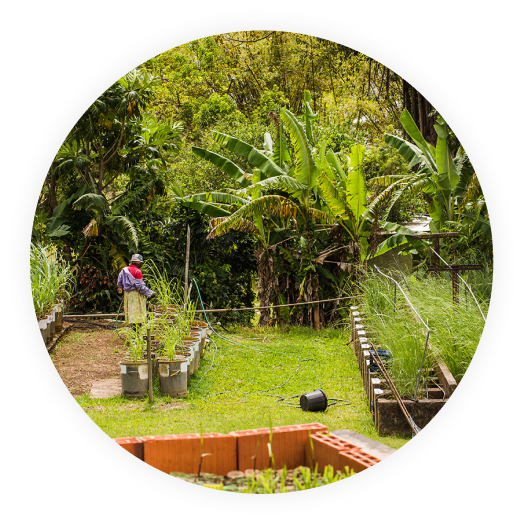
The core operation of the station is the provision of a tailored selection of crosses to meet the demands of our member industries. Using information from the performance of existing commercial varieties, past performance of varieties as parents, and other trait characteristics like disease resistance we perform crosses between carefully selected parental germplasm to produce families of seedlings to be selected in local conditions to generate high performing, locally adapted varieties. This option, we believe, will produce the best performing varieties for any given industry, but does require the implementation of a selection program to select those elite commercial varieties from the seedlings grown. The parental material that we use will vary depending on the specific needs of the client. In most cases the majority of our crosses will be between of two types: elite commercial (CC) varieties crossed to other elite commercial varieties designated as CCxCC crosses, or elite commercial varieties crossed to high sugar or very high sugar (°Bx > 27) variety designated CCx HQ or CCx VHQ respectively. Other classes of parental material that we use are Multipurpose cane (MPC) and F1 varieties, which are first generation hybrids between S. officinarum and S. spontaneum, which are used for clients primarily interested in biomass production.
Pre-selected varieties
For clients who do not wish to invest in a local selection program we have a number of varieties from our partners that have been commercially released or are at the penultimate stage of selection. They have established yield potential in their selected environments and defined agronomic characteristics such as suitability of mechanical harvesting or observed resistance to specific diseases, depending on the needs of the industry they were selected in. Based on the similarities of a client industry to our existing partners we can recommend a panel of varieties to be trialed. This allows for a set of already high yielding varieties to be evaluated for local suitability without the investment in the expense of an extensive selection program, however we believe that the best locally adapted varieties are more likely to be found using the custom breeding option.